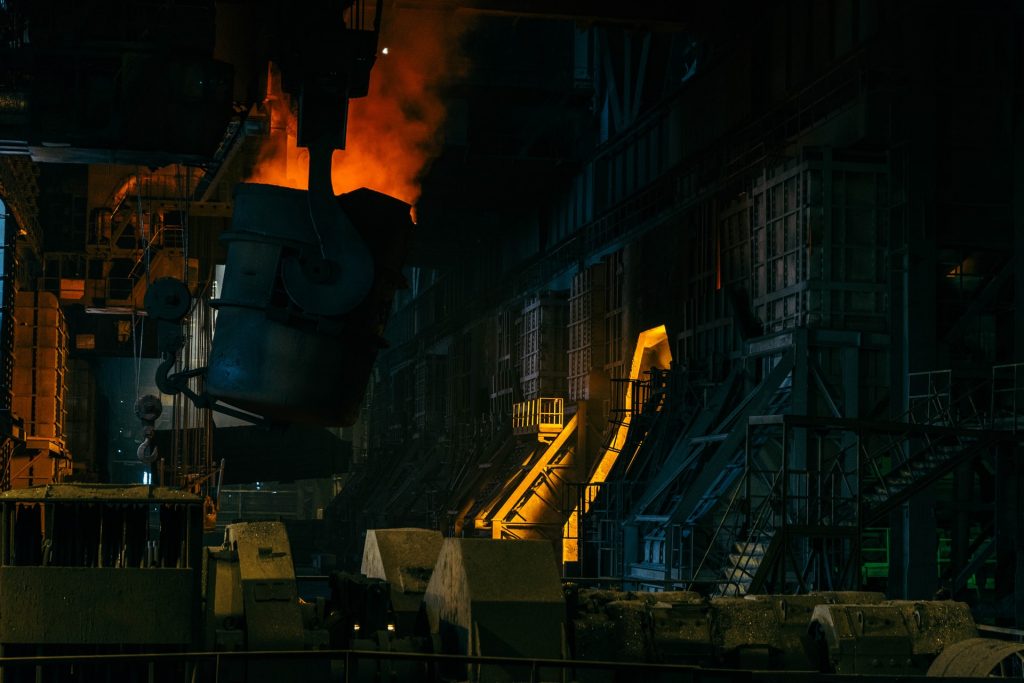As renewable energy becomes more available and affordable, companies are turning to it as a clean power source. It’s not just about climate change; clean energy is a key competitive advantage. For future proofing it improves strategic positioning whilst cutting energy costs and enhancing reliability.
With more big players in various business sectors committed to cutting down on carbon, being sustainable is now a big deal for them in the procurement process. Companies in their supply chains that go green with renewable energy get a leg up in the competition. Take Apple, for instance. They’ve set a goal for 2030 to make sure all their suppliers use renewable energy to make their products. And they’ve made it clear that hitting these goals will be a key factor when they decide who to do business with in the future. They’re putting renewable energy on the same level as product quality and cost.
The global momentum toward reliable, low-emission energy presents a vast opportunity across diverse asset classes and regions. As we witness the transformative journey toward sustainability, it sends ripples through various sectors, indicating a promising trajectory.

Apple have set a goal for 2030 to make sure all their suppliers use renewable energy to make their products. And they’ve made it clear that hitting these goals will be a key factor when they decide who to do business with in the future. They’re putting renewable energy on the same level as product quality and cost.
Companies in the utilities sector embracing renewable energy can witness a surge in valuation, pointing at a positive trend in higher-carbon sectors, like steel.
The steel industry, a significant contributor to global carbon emissions, is gradually shifting from traditional blast furnaces to eco-friendly methods. Investing in hydrogen emerges as a key to decarbonising heavy industry, with a recent Deloitte report highlighting it as one solution to India’s substantial steel industry emissions, responsible for 12% of the country’s total CO2 emissions.
___________________
Related reading:
Paris Olympics to be showcase for hydrogen transport
___________________
As we transition from fossil fuels, metals and materials become crucial building blocks for low-carbon technologies. The copper industry, facing challenges with aging mines despite rising prices, prompts questions about meeting growing global demand. Meanwhile, battery recycling gains importance, offering opportunities for sustainable practices as electric vehicles age.
Governments play a pivotal role in incentivising the transition to green technologies. Offering ‘carrots’ such as tax credits, subsidies, and accelerated permitting for sustainable projects encourages investments in lower carbon technologies. Simultaneously, ‘sticks’ like carbon taxes and direct regulation of emissions-producing activities ensure a comprehensive approach to sustainability.
In certain sectors, a balanced approach of both incentives and punitive measures becomes essential. For instance, the power sector aims to expand renewable energy while phasing out fossil fuel-based generation. A harmonious blend of ‘sticks’ and ‘carrots’ proves vital in guiding the sector toward sustainability.

The steel industry, a significant contributor to global carbon emissions, is gradually shifting from traditional blast furnaces to eco-friendly methods. Investing in hydrogen emerges as a key to decarbonising heavy industry
The shift from a fossil fuel-based ‘brown’ economy to a ‘green’ economy built on metals and materials is pivotal. Companies in the materials sector not only meet the demand but also play a crucial role in reducing their emissions. The pathway to decarbonisation involves optimising existing facilities, adopting low-carbon technologies such as hydrogen, and ultimately achieving a green end-state with low or zero-emission technologies.
Smart government policies shape the regulatory framework that can expedite or hinder the global transition to low-carbon economies. Recognising the critical role of metals and materials in this journey positions companies to reap benefits.
As we navigate the green horizon, the collaboration between governments and industries will be instrumental in building a sustainable future for generations to come.
To learn more about Ryze, click here.






